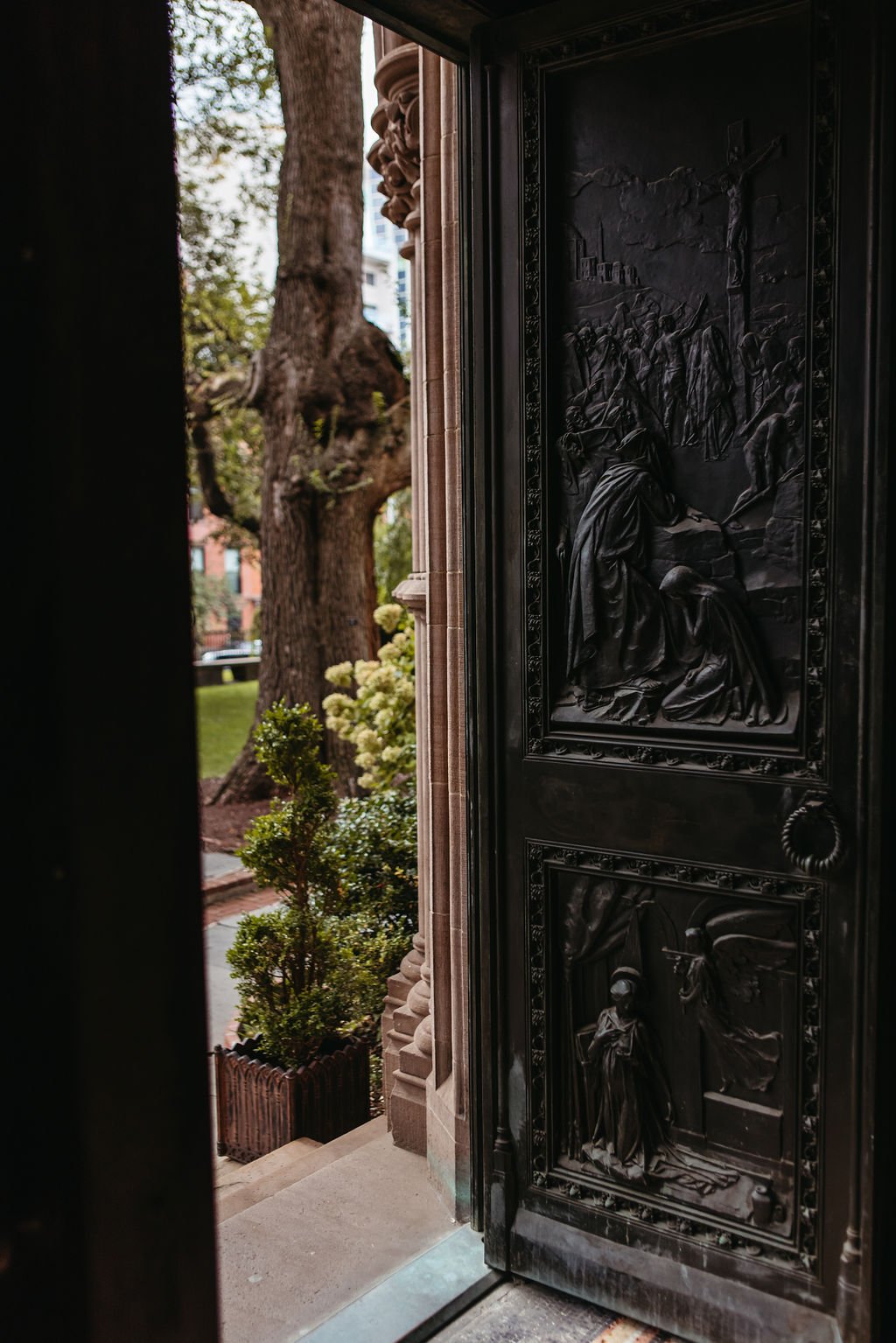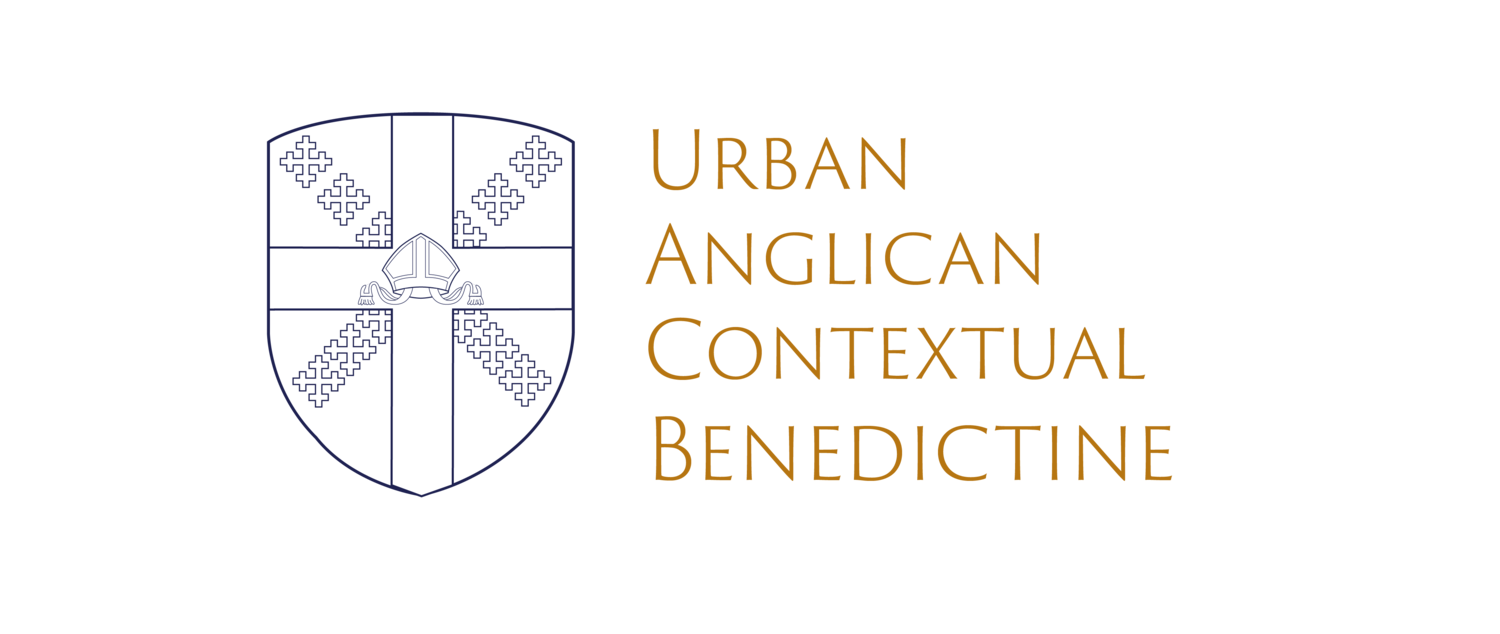
Stance, Statement, and Practices related to Diversity, Equity and Inclusion at the General
Introduction to Our Commitment:
At the General Theological Seminary, our commitment to diversity, equity, and inclusion is deeply rooted in our Baptismal Covenant. We pledge to “seek and serve Christ in all persons, loving our neighbors as ourselves” and to “strive for justice and peace among all people, and respect the dignity of every human being.” These sacred promises guide our active service, neighborly love, and dedication to fostering an inclusive, diverse community. We also embrace the Anglican Communion's fifth mark of mission, acknowledging the urgent need to address ecological crises and climate change as part of our broader ethical responsibility to all creation.
Our Historical and Current Actions:
Our long-standing historical commitment has been evident in past service, justice, and environmental stewardship initiatives and community engagements, such as the installation of the Seminary’s Geothermal system in 2007, the General Prison Project, the Desmond Tutu Center, and partnerships with ecumenical and interfaith organizations. Currently, as a faculty embodying diverse identities, ethnicities, and ecclesial histories, we bring rich perspectives to our teaching, firmly anchored in the Episcopal Church's discipline, doctrine, and practice.
Acknowledgment of Past Shortcomings:
We recognize our historical failures to fully live up to our commitments. In acknowledging our complicity in systemic marginalization, we are committed to remembrance, repentance, and acting as agents of reconciliation. This commitment is woven into our chapel practices, including land and labor acknowledgments at the academic year's start, and the veneration of justice icons like Alexander Crummell, Florence Li Tim-Oi, and Pauli Murray. These actions remind us of our path towards reconciliation and justice.
Embedding Belonging in Programs and Curriculum:
Our curriculum, especially the hybrid MDiv program, is designed to break down barriers to theological education. By addressing issues of privilege and access, we have reimagined our educational offerings to be more inclusive and just, moving beyond tokenistic approaches to embody a comprehensive commitment to dismantling racism, oppression, and coloniality and addressing the moral, ethical, social, and theological crisis of anthropogenic climate change and environmental degradation . Through courses, community engagement, and contextual learning placements, our students are prepared to serve diverse communities and advance justice and peace.
Looking Forward: Concrete Examples and Future Commitments:
Our decolonial and critical theory approach informs a curriculum that celebrates the diversity and beauty of God's creation (human and non-human) and the inclusive heart of the Gospel. As we continue to evolve, we are committed to measurable goals in diversity, community engagement, environmental sustainability, and inclusive governance, ensuring that our seminary not only teaches but lives out the values of justice, peace, and care for creation.
Conclusion: A Call to Action:
In the spirit of our Baptismal Covenant, we invite all members of our community to join us in this journey of continuous learning, growth, and action. Together, we commit to building a seminary that not only acknowledges its past but actively works towards a future marked by inclusivity, justice, and love for all of creation.
